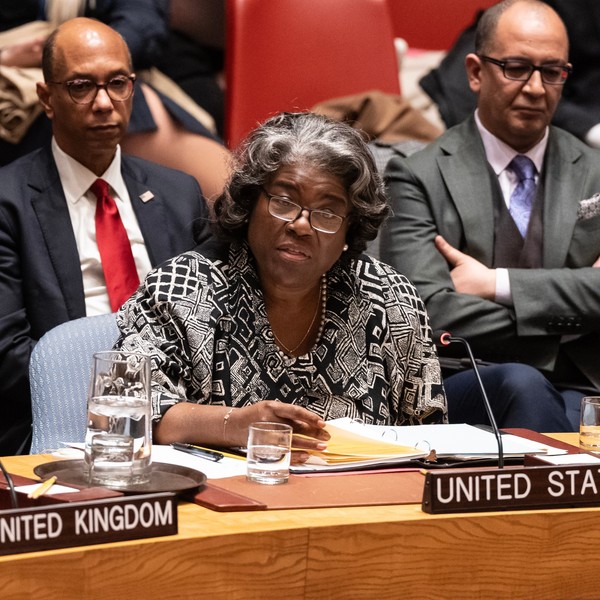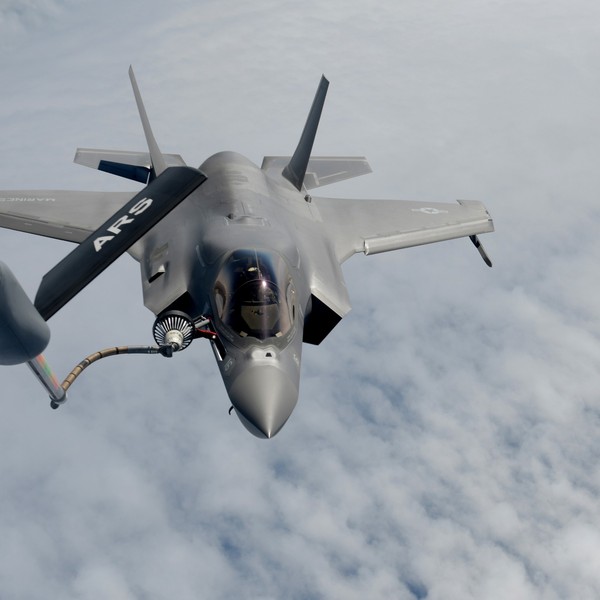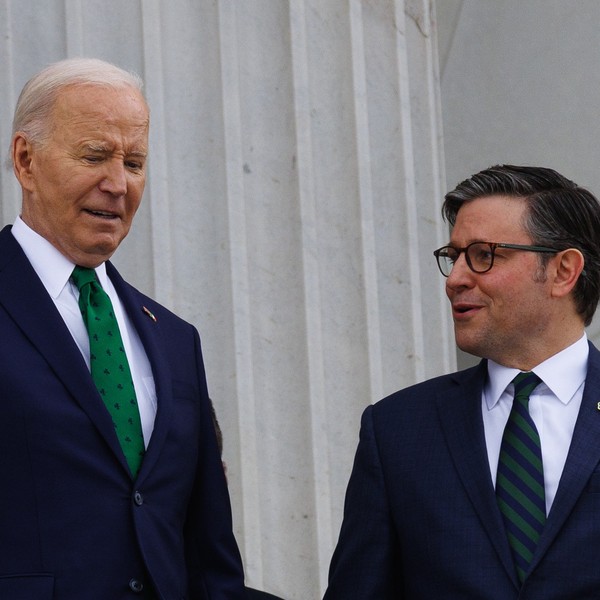On the campaign trail in 2020, Joe Biden made several statements about his future administration’s policy toward North Korea. With January 20 marking the one-year anniversary of Biden assuming the presidency, have candidate Biden’s statements aligned with President Biden’s actions?
On the campaign trail Biden largely eschewed the direct, personal diplomacy that Donald Trump pursued with Kim Jong-un. Biden did still indicate he would be willing to meet Kim Jong-un albeit on the condition it fits into a larger strategy advancing the goal of denuclearization. Biden’s website as a candidate also stated that “President Biden will empower our negotiators and jump-start a sustained, coordinated campaign with our allies and others, including China, to advance our shared objective of a denuclearized North Korea.”
The Biden administration has certainly been consistent with its message of denuclearization though its technical language has evolved. However, both Biden and his negotiators have yet to meet with their North Korean counterparts. Throughout the first year of Biden’s term, offers from administration officials to meet North Korean negotiators “anywhere, anytime, without preconditions” for talks went unanswered.
Also consistent throughout Biden’s messaging has been the need to work with allies and partners, as well as China, on the denuclearization of North Korea. In the final presidential debate in 2020, moderator Kristen Welker pointed out to Biden that North Korea conducted four nuclear weapons tests during the Obama administration and asked why Biden believed he “would be able to rein in this persistent threat.”
Biden responded, “Because I’d make it clear, which we were making clear to China, they had to be part of the deal, because here’s the root. I made it clear, as a spokesperson for the administration when I went to China, that they said, ‘Why are you moving your missile defense up so close? Why are you moving more forces here? Why are you continuing to do military maneuvers with South Korea?’ I said ‘Because North Korea is a problem. And we’re going to continue to do it so we can control them. We’re going to make sure we can control them and make sure they cannot hurt us. And so if you want to do something about it, step up and help. If not, it’s going to continue.’ What has [Trump] done? He’s legitimized North Korea, he’s talked about his good buddy who’s a thug, a thug, and he talks about how we’re better off, and they have much more capable missiles, able to reach U.S. territory, much more easily than ever did before.”
In a candidate survey conducted by the New York Times, Biden further outlined his vision for how to work with these stakeholders on his strategy. “I would work with our allies and partners to prevent North Korea's proliferation of nuclear weapons to bad actors; set the right formula of sanctions enforcement and sanctions relief; and make it harder for Kim to continue on his belligerent path, while making credible efforts to offer an alternative vision for a nonnuclear future to Kim and the people of North Korea. I would strengthen our core alliances with Japan and South Korea. And I would insist that China join us in pressuring Pyongyang — and that if it does not, the United States will continue to take measures to strengthen our ability to defend ourselves and our allies.”
Indeed, Biden’s administration is actively engaging allies and partners, though notably Biden has yet to nominate an ambassador to South Korea. As recently as January 17, 2022, senior American, Japanese, and South Korean officials held a call about recent North Korean missile tests. And on engaging China, the administration has made attempts to do so, yet differing views on sanctions among other issues has not always led to fruitful results.
On the issue of sanctions, Biden affirmatively responded to a question about whether he would “tighten sanctions until North Korea has given up all of its nuclear and missile programs.” And he has, though it was nearly one year into his term that Biden imposed the first new sanctions of his administration related to North Korea’s weapons programs.
Near the end of his campaign, Biden published an article in South Korea’s Yonhap News Agency. This marked the first time a U.S. presidential candidate submitted such a contribution to a South Korean media company in the year of a presidential election.
In addition to raising some of the points listed above, such as “pressing towards a denuclearized North Korea” and “strengthening our alliance” with South Korea, Biden also pledged to work “to reunite Korean Americans separated from loved ones in North Korea for decades.”
Yet overt progress on divided family issues involving Korean Americans has not been forthcoming in Biden’s first year. To be fair, North Korea’s own self-imposed border closure would make any in-person reunions unlikely for as long as they remain in place. However, the administration also missed opportunities to signal openness to these reunions and other forms of engagement when it renewed Trump-era restrictions on American passport holders’ ability to travel to North Korea.
One year into his administration, President Biden’s actions largely have not deviated from his talking points as a candidate on North Korea policy. Yet as diplomacy with North Korea remains stalled and the administration has yet to make any major moves to disrupt the status quo, the administration also has yet to show such policies are producing results on a range of important issues from denuclearization to reunions for Korean American divided family members.















